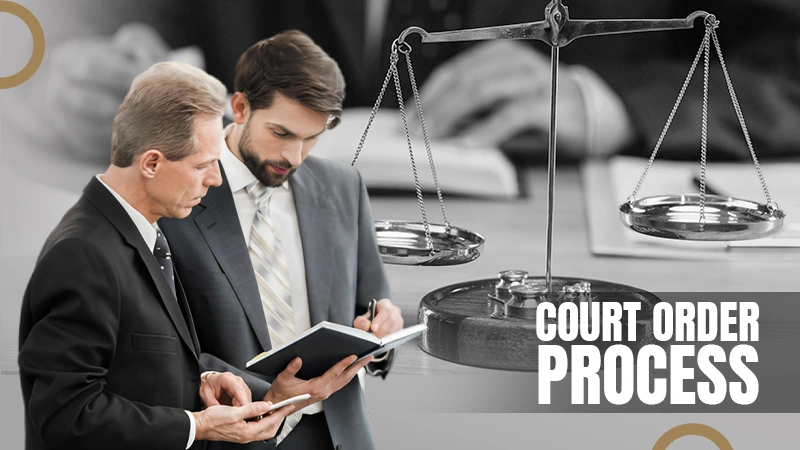What Happens at the First Probate Hearing?
Probate is the legal process of proving a will in court. This is to ensure the legitimacy of the will, and that all the assets are transferred to the beneficiaries efficiently. However, as every lawyer knows, probate can be a very lengthy process if the estate is large. Moreover, complications can arise during this process that can delay it even further. These complications may include contestation of will, debts to third parties, and hidden assets. Apart from that, probate requires the beneficiaries to hire an attorney who can facilitate the whole process. Due to its complexity and time-consuming nature, most people try to avoid probate. This can be done in several ways that will be explained later on.
However, if you’re already looking at a lengthy probate process, it is better that you ask the probate administrator to take out a probate loan against the estate. A probate loan can easily speed up the process of asset distribution. If there are multiple beneficiaries, they can be bought out using the probate loan. Later on, this loan can be repaid using the assets once everything is settled. Usually, beneficiaries are more than happy to grant permission to the probate administrator to get a probate loan as it means that they’ll receive their money sooner.
A probate administrator or executor is appointed by the court, and only they can represent the estate. Thus, only they have the authority to do certain tasks such as getting a probate loan. Probate mostly revolves around the probate administrator as they have to do most of the work. The probate administrator can either be a beneficiary or some third party. It is usually advised that a close friend be appointed probate administrator to avoid conflict among the beneficiaries.
What Happens at the First Probate Hearing?
At the first probate hearing, the court appoints a probate administrator or executor. If there is a will in place, the court will appoint a will executor. If there isn’t, a probate administrator will be appointed. There is not much difference between the two as both have more or less the same tasks. A probate administrator just has to carry out more tasks as the probate process can be quite lengthy and complex due to a lack of will.
You can even read: Different Types of Lawyers for the Most Common Legal Problems
The first duty of the probate administrator is to prove that the decedent is actually dead. To do this, they have to produce a death certificate in a court of law. Once that is done, they have to identify all the assets of the deceased individual. This can be tricky as there can be hidden assets if the estate is quite large. A probate administrator has to be assisted by an attorney. It isn’t compulsory, but it makes their job a bit easier.
Once all the assets are identified, the administrator has to notify all the beneficiaries of the estate. Failure to do so can result in lawsuits by those very beneficiaries. A probate administrator also must clear any debts against the estate and pay the taxes related to it. They aren’t required to spend their own money unless of course, they are a beneficiary themselves or have been named in a lawsuit. That’s where a probate loan can be very useful.
The first probate court hearing also becomes important as any contestations to the will can be cleared up then and there. Usually, there is no court hearing during a probate process. However, in the case of large estates or contestations of will, a probate hearing can take place.
Last but not the least, a probate administrator also has to oversee the distribution of assets and ensure that it is fair.
Avoiding Probate
In cases of large estates, the probate process can take up to several years. Due to the pandemic, this process has become even lengthier and more tedious than ever. Thus, you should avoid this process altogether. There are several ways to avoid this process. You can set up a transfer-on-death account or get a transfer-on-death deed. However, the best way to avoid this process is to place your assets in a trust. If you do that, your loved ones will not face any difficulty during the distribution of assets. There will be minimal legal procedures, and they will not have to go to court for probate hearings and whatnot. Moreover, they probably won’t need an attorney either.
Take the necessary steps while you can to avoid a lengthy and complex probate process. Your loved ones will thank you for it.
Also read: General tips for representing yourself in the family court
Follow Us
Latest Post
















